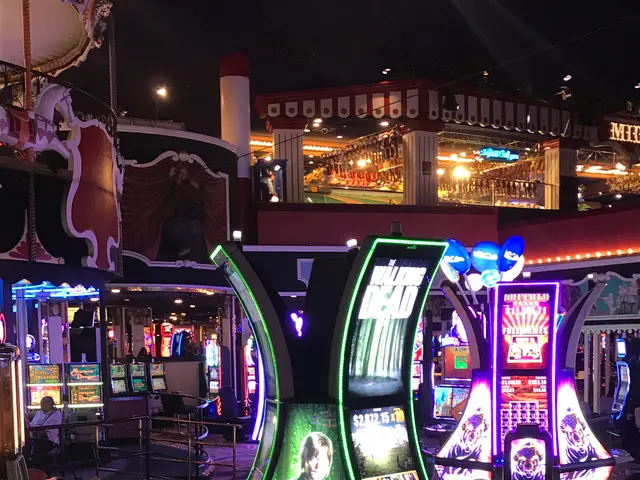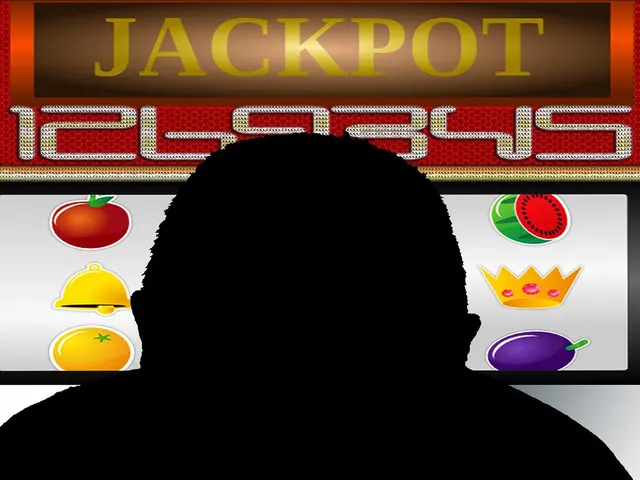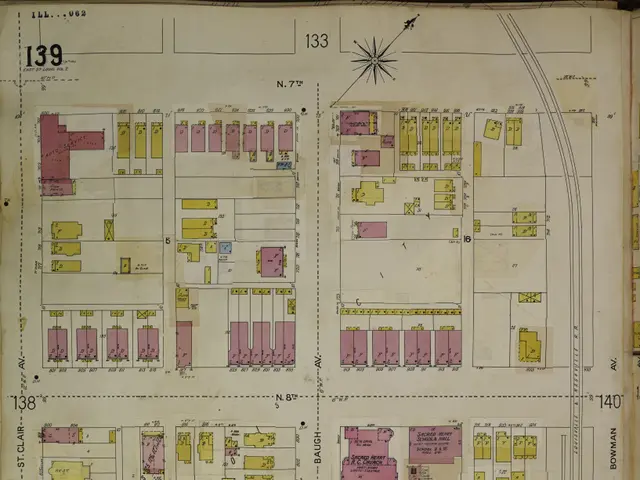Unleashing the Betting Boom: A Gambling Revolution in Brazil
Expansion of gambling legalization in Brazil gains momentum with proposals for casinos and bingo.
Brazil's long-awaited gambling legislation appears to be on the cusp of entering the final stretch, as reported by iGB. The bill, already under parliamentary consideration since 2022, seems poised to be adopted by the Senate soon.
Senator Irajá opines that the regulation of gambling and betting presents an extraordinary opportunity for the Brazilian economy, benefiting its citizens substantially. According to him, the nation has been overlooking a lucrative business that other countries have already capitalized on, creating jobs, bolstering income, and taxes, and positively impacting crucial sectors such as healthcare, education, social protection, and infrastructure.
The legislation establishes guidelines for casinos, betting machines, bingo, horse racing bets, and imposes taxation norms for these activities. Companies operating in these areas will pay two types of taxes and fees: Casinos will fork over a hefty $100,000 fee every three months, bingo operators will shell out around $3,700, and a 17% tax on gross income will also be levied. Moreover, earnings exceeding $1,700 will be subjected to a 20% income tax.
Casinos will be authorized to function at tourist centers and entertainment complexes. The requirements include resorts and hotels equipped with bars and meeting spaces for a minimum of 100 rooms. Casinos may also be established on liners boasting at least 50 cabins. Each state or federal district can host a single casino, with a few exceptions—for instance, São Paulo may accommodate up to three. Bingo offices can open in every municipality, and in large cities, there can be multiple offices, depending on the population: one office per 150,000 residents. A company holding a license can operate without worry for a 25-year period, with the option to renew the document thereafter.
The legislation also proposes capping the number of a company-organizer of horse racing per 700,000 residents. Tour operators who secure suitable accreditation from the Ministry of Agriculture can accept horse racing bets and organize bingo games. A separate Register of Prohibited Persons (Renapro) will be created for land-based operators, which will compile the names of problematic players.
The law also outlines penalties for violations. Transgressors may face up to four years in prison for participating in or promoting unlicensed games, while game result manipulation could potentially lead to a seven-year sentence.
In a noteworthy development, last December, the country's president, Luiz da Silva, approved a bill legalizing sports betting and online casino games. These sectors are expected to become legal by July.
Get ready, global gambling giants! The floodgates are about to open in Brazil, and a plethora of opportunities await as the market prepares to welcome you! To dive deeper into the intricacies of the gambling license application process, check out the enrichment data provided in the following section.
Deep Dive into the License Application Process
The application process for a gambling license in Brazil is methodical and multi-staged, often spanning 8–12 months. The following outlines the steps for acquiring licenses for various forms of gambling:
- Corporate Foundation: Establish a legal entity in Brazil and open a bank account within the country, earmarking a mandatory reserve of R$5 million.
- Collect Documentation: Gather corporate, financial, and technical papers, including responsible gaming, anti-money laundering, and cybersecurity policies.
- Platform Testing: Submit your gaming platform for independent testing and certification to ensure it meets technical, security, and fairness benchmarks.
- Submit Application: File your application with the Secretariat of Prizes and Bets (SPA) or SECAP, providing all necessary supporting documents and the application fee.
- Regulatory Evaluation: Regulators conduct an exhaustive review of your materials, which may take up to 150 days.
- License Fee Payment: Pay the R$30 million license fee within thirty days upon approval.
- Commence Operations: Utilize authorized payment methods, register under the “.bet.br” domain, and offer 24/7 Portuguese-language customer support.
Detailed rules for specific gambling types may necessitate additional safety and security measures, like in the case of casinos. Similarly, betting machines, bingo, horse racing bets, and online casino games each have their unique set of requirements. These may encompass technical and security standards, as well as document-related stipulations for lottery-style games. Keep in mind that the anti-exclusivity clause, though not explicitly mentioned for casinos, may set a precedent for other online betting sectors. In addition, all users must undergo the full Know Your Customer (KYC) process, including document verification and facial recognition. The process is intricate, so careful preparation is essential to adhere to Brazil's gambling laws.
What are the steps for a foreign company to acquire a gambling license in Brazil, as the gambling legislation seems to be about to pass? The steps include establishing a legal entity and opening a bank account, gathering corporate, financial, and technical documents, submitting the gaming platform for testing, filing the application with the Secretariat of Prizes and Bets (SPA) or SECAP, undergoing regulatory evaluation, paying the license fee, commencing operations, and adhering to specific safety and security measures, such as technical and security standards, documentation requirements for lottery-style games, and the Know Your Customer (KYC) process.







